Secrets, erotic obsessions, love triangles; those are some themes that linger throughout Junichiro Tanizaki’s novels such as “The Key”, “Quicksand” and my favourite “Naomi”. Things always starts so normally, the characters and their lives are seemingly perfect and uneventful, but then things take a darker turn…
 Brooke Shields in “Pretty Baby” (1978)
Brooke Shields in “Pretty Baby” (1978)
This fascinating tale begins with the main character Joji, a twenty-eight year old man working on a well-payed office job as an electrical engineer, telling us where and how he met a beautiful fifteen year old girl called Naomi who later became his wife. Naomi was working as a waitress in a cafe when Joji noticed her. To him she seemed “a quiet, gloomy child”, he was intrigued by her silence and her face which had western features, later he compares her face to Mary Pickford’s. He befriends her and starts taking her out, to a movie and dinner. Joji grows fond of her company and, at first, innocently wishes to provide her with a better life starting with her education, as Naomi expressed wishes of studying English and music. Coming from the countryside, being a bit shy and focused first on his education and later his career, Joji had no experience with women and wasn’t interested in living a conventional married life.
As Joji says himself: “My original plan, then, was simply to take charge of the child and look after her. On the one hand, I was motivated by sympathy for her. On the other, I wanted to introduce some variety into my humdrum, monotonous daily existence. I was weary from years of living in a boardinghouse; I longed for a little color and warmth in my life. Indeed, why not build a house, I thought, even a small one? I’d decorate the rooms, plant flowers, hang out a birdcage on the sunny veranda, and hire a maid to do the cooking and scrubbing. And if Naomi agreed to come, she’d take the place of both the maid and the bird. . . . This is roughly what I had in mind.”
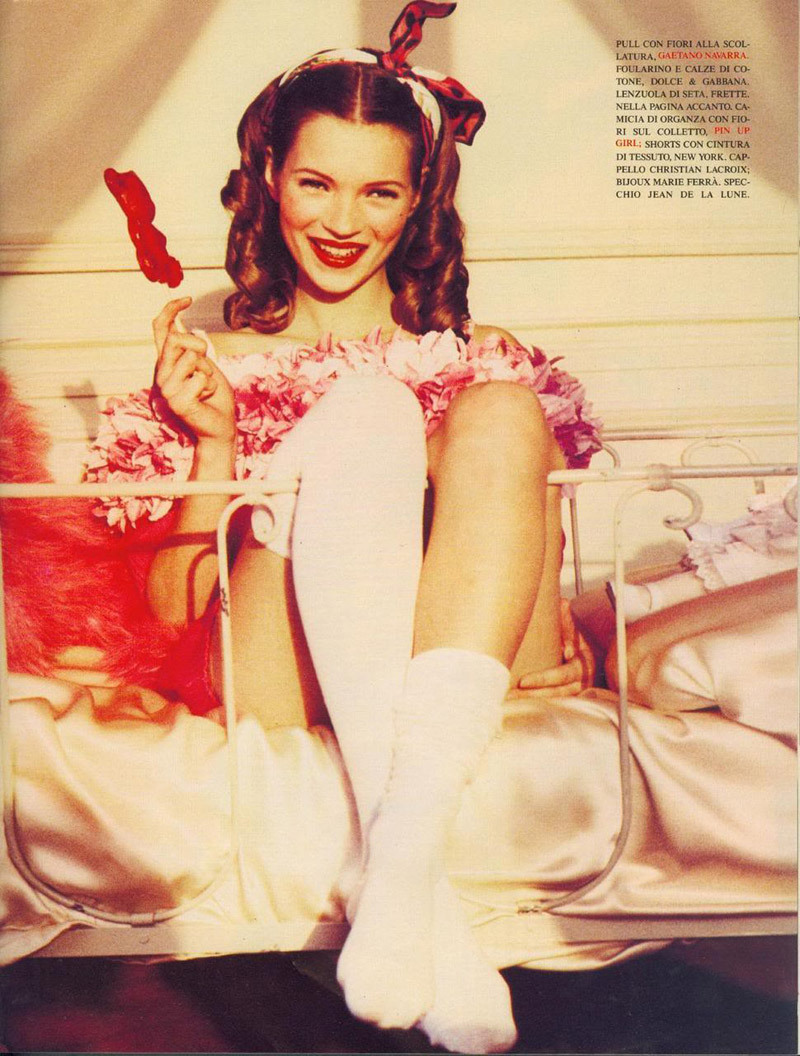
(Picture: Kate Moss) “My darling Naomi,” I gasped from the darkness under her sleeves. “My darling Naomi, I don’t just love you, I worship you. You’re my treasure. You’re a diamond that I found and polished. I’ll buy anything that’ll make you beautiful. I’ll give you my whole salary.”
When they start living together in a cozy little house with plenty of light and a rice field growing behind it, things are incredibly dream-like and seen through rose-tinted glasses, like a gentle and precious moment of dusk, just after sun sets, birds are singing softly from a nearby tree and nature is veiled in silence and dreams, your mind is free of all worries in such a moment. These first chapters are so full of idealism and naivety, and describe a seemingly perfect life that one could only dream of; Joji goes to work in the morning, and the obedient and sweet natured girl Naomi goes to her English and music lessons: “Wearing a dark blue cashmere formal skirt over a silk kimono, black socks, and charming little shoes, she looked every inch the pupil. Bursting with excitement at having realized her dream, she went off to her lessons diligently. Now and then I ran into her on my way home, and I could hardly believe that she had grown up in Senzoku and worked as a hostess. She never did her hair in Japanese style anymore; she wore it in braids, tied with a ribbon.”
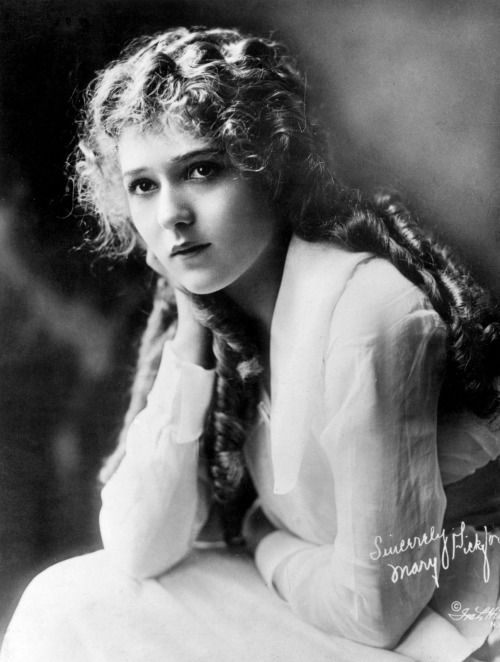
Mary Pickford, c. 1910s
Joji’s intentions are truly innocent at the beginning, he’s not a predator out to take advantage of her, and he notes that under his care she soon became “a truly radiant, vivacious little bird, and the enormous atelier was her cage. May came to a close and bright, early-summer weather set in. The flowers in the garden grew taller and more colorful day by day. In the evening, when I returned home from work and she from her lessons, sunlight streamed through the India-print curtains and played on the white walls as though it were still the middle of the day.” After they would both come home, he would listen to what she’s learned in class and they’d play games such as tag and blindman’s buff.
Their day to day life together is full of sweetness and innocence. Apart from paying her lessons, Joji buys her many pretty dresses and likes to gaze at her as she puts each one on: “Dressed in one or another of these outfits, she’d parade around the house, stand in front of the mirror, and pose while I took pictures. Wrapped in gauzy, translucent clothing of white, rose, or pale lavender, she was like a beautiful large blossom in a vase. “Try it this way; now this way,” I’d say. Picking her up, laying her down, telling her to be seated or to walk, I gazed at her by the hour.”

Here is a passage which I loved, about Naomi’s love of flowers:
“The blossoms remind me that she loved Western flowers and knew the names—troublesome English names—of many flowers that I was unfamiliar with. Apparently she’d learned them at the cafe, where she was in charge of the vases. Sometimes we saw a greenhouse beyond a gate as we passed. Always alert, she’d stop and cry happily, “Oh, what beautiful flowers!”
“Which flower do you like best, Naomi?”
“I like tulips best.”
Her longing for spacious gardens and fields, and her love of flowers, may have been in reaction to the squalid alleyways of Senzoku where she had grown up. Whenever we saw violets, dandelions, lotus grass, or primroses growing on a levee or by a country road, she would hurry over to pick them. By the end of the day, she’d have a great many flowers grouped in any number of bouquets. And she would still be holding them carefully on the way back.
“They’re all wilted now. Why don’t you throw them away?”
“Oh, they’ll come right back if you put them in water. You ought to keep them on your desk, Mr. Kawai.” She always gave the bouquets to me when we parted for the day.”
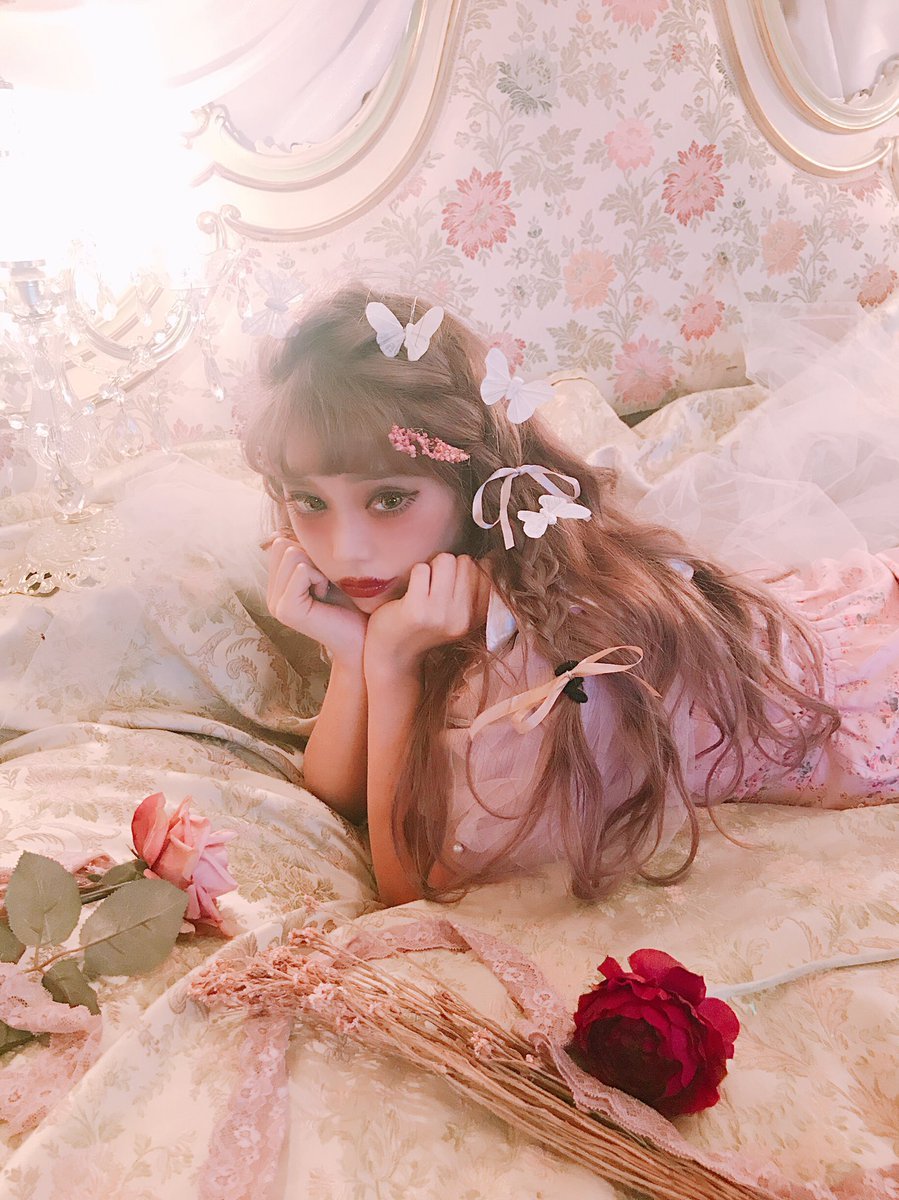
“While she was my wife, she was also a rare, precious doll and an ornament.”
As it so happens in a Tanizaki novel, slowly and yet out of nowhere, things take a darker turn. A reader can flip back the pages and wonder where it started, but there is no point of downfall; the darkness just crawls in slowly into the story and you get sad that the happy dream cannot last. How can Tanizaki be so cruel and peel the layers of niceness from the characters’s faces and present them in a whole new light? I desperately want to believe in a dream, and Tanizaki rubs my face into the gloomy reality. The more insolent, stubborn and rebellious Naomi gets, the more possessive Joji becomes, led not by sympathy and kind intentions anymore, but by jealousy and wild desire. “Consumed with love”, he describes himself, as Naomi is slowly but surely weaving spiderwebs of secrets and lies even in times that are seemingly innocent. Joji said: “Except for summer vacations, we’d spent all of our time alone together in our “fairy-tale house,” avoiding contact with society at large…” but the truth is that Naomi had befriended some boys without his knowledge, and these connections, although unassuming at first, will turn darker overtones.
They start going out and dancing, and for the first time Joji starts seeing Naomi’s behavior in public, slowly realises how arrogant and rude she is. Joji is conflicted with the realisation that Naomi will never be his ideal woman, that their love wasn’t as innocent as he thought, but that, as she grows up and her body develops, he is more and more attracted to her physically, to the point of the mad delirious desire: “My heart was a battleground for the conflicting emotions of disappointment and love. I’d made the wrong choice; Naomi was not as intelligent as I’d hoped. I couldn’t deny it any longer, much as I wanted to. I could see now that my desire for her to become a fine woman was nothing but a dream. (…) But at the same time, her body attracted me ever more powerfully. I use the word “body” advisedly. It was her skin, teeth, lips, hair, eyes—the beauty of her entire form—that attracted me. There was nothing spiritual about it. She’d betrayed my expectations for her mind, but her body now surpassed my ideal. Stupid woman, I thought. Hopeless. Unhappily, the more I thought so, the more I found her beauty alluring. (…) I had wanted to make Naomi beautiful both spiritually and physically. I had failed with the spiritual side but succeeded splendidly on the physical. I never expected that she’d become so beautiful.”
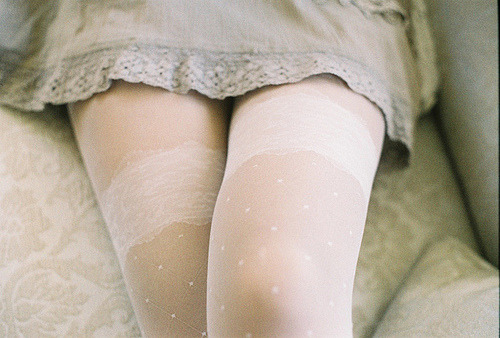
Photo found here.
Lies upon lies, intrigues upon intrigues, as Joji’s life turns into a nightmare, all that he believed is a lie and the girl he loved doesn’t exist; the Naomi he loved and desired was a fantasy created by his idealistic mind. The real Naomi is a puzzle never to be unraveled. Because the story is told from Joji’s point of view, and we may conclude that he is a good observer, but still we don’t know what is going on in her mind and her heart. This is the thing which intrigues me the most about the novel! And this is the same thing I wondered about Nabokov’s Lolita, the parallels can be made between these two novels obviously. Joji states with sadness about the difference between the Naomi he’d met that rainy afternoon at the cafe and the Naomi that she’d become: “She’d been much more appealing in those days than she was now. Ingenuous and naïve, shy and melancholy, she bore no resemblance to this rough, insolent woman. I’d fallen in love with her then, and the momentum had carried me to this day; but now I saw what an obnoxious person she’d become in the meantime.”
The novel starts with as a dream and ends as a tragicomedy because Joji is aware of the truth and yet he admits finding Naomi physically irresistible. He consciously chooses to live a lie; a fool manipulated by this femme fatale: “Naomi wasn’t a priceless treasure or a cherished idol anymore; she’d become a harlot. Neither lovers’ innocence nor conjugal affection survived between us. Such feelings had faded away like an old dream. Why did I still feel anything for this faithless, defiled woman? Because I was being dragged along by her physical attractions. This degraded me at the same time it degraded Naomi, because it meant that I’d abandoned my integrity, fastidiousness, and sincerity as a man, flung away my pride, and bent down before a whore, and I no longer felt any shame for doing so. Indeed, there were times when I worshipped the figure of this despicable slut as though I were revering a goddess.”
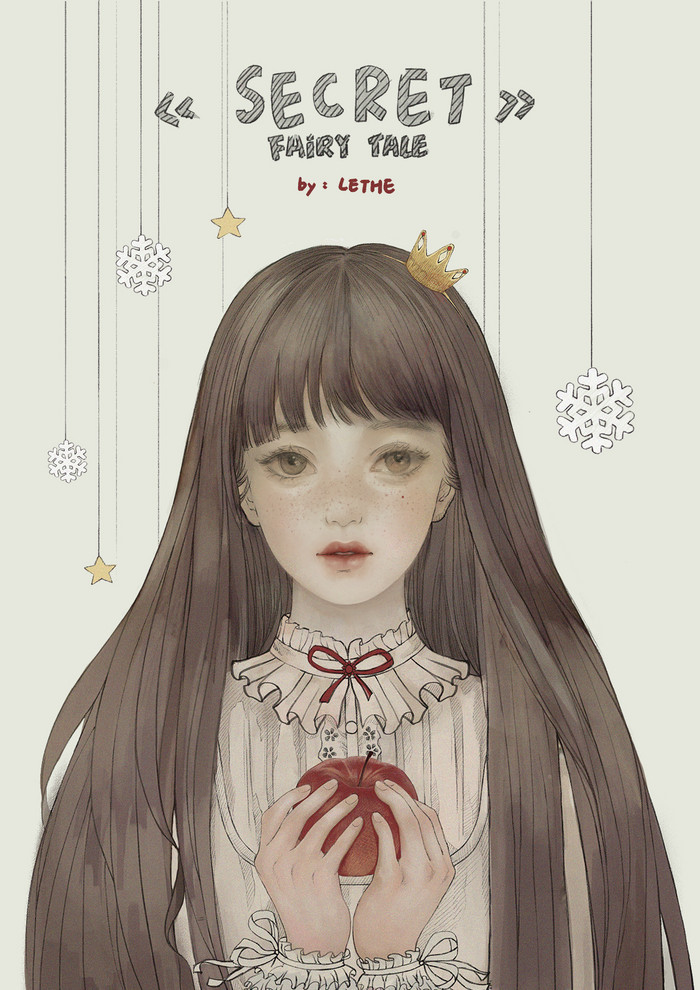
Art by LETHE.
A fascinating novel, not very long, but very intriguing from beginning to the end, with short chapters and flowing lyrical writing. I totally recommend it, I think it’s better than “Quicksand” and “The Key” which I read also.


